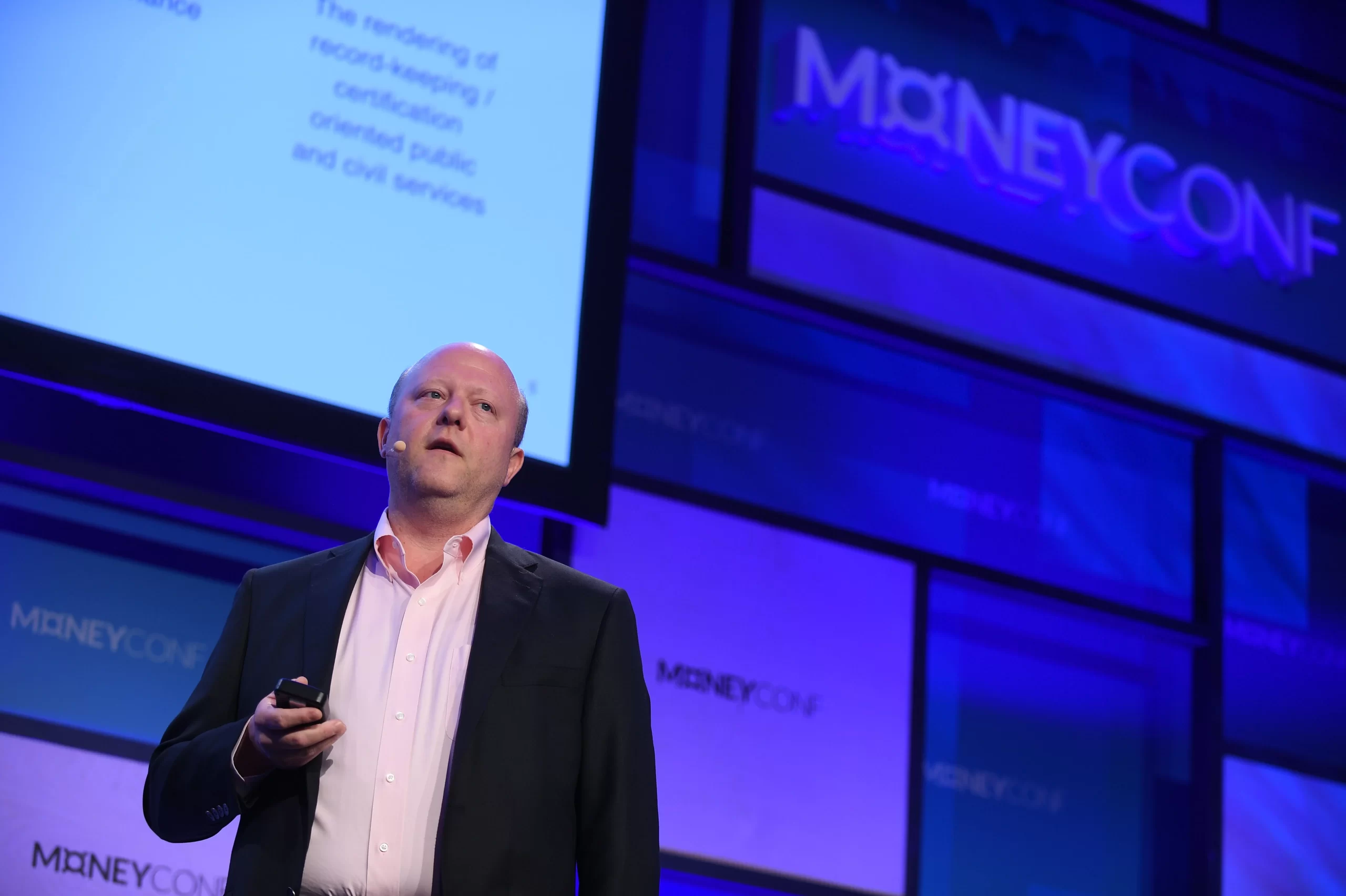On January 15th, at the World Economic Forum held in Davos, Switzerland, Circle’s CEO Jeremy Allaire spoke to CNBC, expressing optimism that the United States government would consider a legal regulation bill for stablecoins in 2024. The executive argued that stablecoin assets are experiencing significant developments in their use and therefore serious steps need to be taken in 2024.
The US and Legal Regulations
When asked whether the Clarity for Payment Stablecoins Act, a bill currently awaiting approval in the House of Representatives that aims to regulate stablecoin assets, would come into effect this year, Allaire stated that he thought there was a very good chance of it happening.
The US government has not yet enacted any federal crypto law. However, according to Allaire, with progress being made in every major market around the world, the likelihood of the US approving stablecoin laws is now higher:
“Dollar and stablecoin projects are becoming widespread worldwide. Other governments are regulating dollar-based cryptocurrencies before the US. You see progress being made on stablecoin legislation. Stablecoin laws will be on the books in almost every major global financial market by 2024.”

Significant Move from Circle
Allaire also confirmed that the launch of spot Bitcoin ETF products in the US last week was definitely a significant development when asked whether it would reduce the use case of USDC as a ramp-up for cryptocurrency:
“In our view, a growing market and increasing participation in the market will continue to create more demand for stablecoin projects on the internet. And we actually think it’s an accelerator for what could happen with USDC.”
Last week, Circle confidentially filed for an initial public offering of its stock. Details regarding the number of shares and pricing have not yet been disclosed. The launch is pending review by the Securities and Exchange Commission and will be subject to market conditions. Allaire stated the following in his interview with CNBC:
“We have been very clear about our intention to build a trusted, transparent, well-regulated company, and ultimately becoming a public company is part of that. However, I cannot comment on any legal regulatory filing.”









